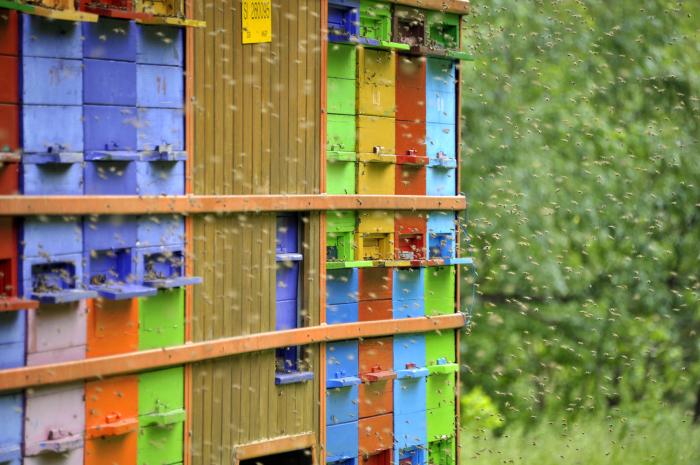
During the summer control of samples of honey and honeycomb with honey obtained from 20 beekeepers the veterinaries detected the presence of three poisonous agents. These pose huge health risk – the permitted insecticide amitraz, the prohibited pesticide chlorfenvinphos, and also the prohibited insecticide rotenone.
Miran Brvar, the head of the Poison Control Unit of the University Medical Centre Ljubljana, in his press release explained that rotenone is a poisonous tropical plant extract which supresses cell respiration and induces occurrence of free oxygen radicals which is detrimental mainly for brain cells, causes early onset of dementia, stiffness and tremors. "It is a disease similar to Parkinson's disease; that is the reason this insecticide is prohibited," he warns, and emphasizes that such disputable honey is unsafe, and should be excluded from use.
Hormone disruptors in honey
Chlorfenvinphos and armitraz are both hormone disruptors which even in small quantities negatively influence the development of children, cause premature adolescence, infertility, feminisation in males, and premature occurrence of cancer, especially hormone-dependent cancer like breast or prostate cancer. "Rotenone and chlorfenvinphos have been prohibited for 20 years. These are poisonous substances which must not be present in food. Honey produced by beekeepers using such chemicals is not safe food, and must be removed from the market," Brvar explained.
G. K.
Translated by G. K.

































































